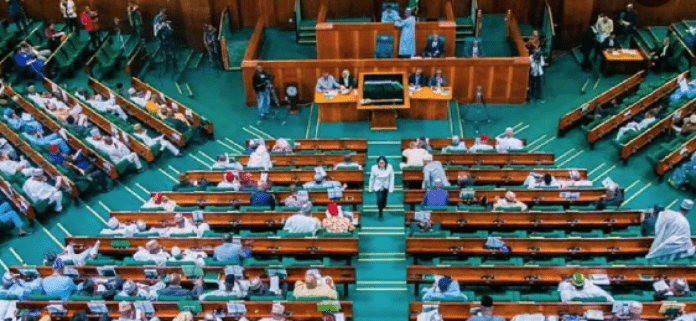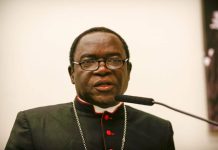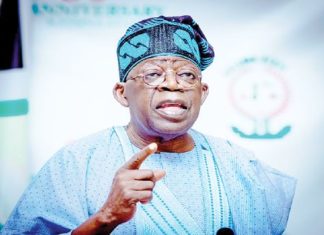In order to examine the economic, regulatory, and security ramifications of cryptocurrency adoption and point-of-sale (PoS) operations in Nigeria, the House of Representatives has started the process.
The Speaker, Hon. Tajudeen Abbas, established an Adhoc Committee to accomplish this yesterday in Abuja.
Speaking during the committee’s inauguration, the Speaker was forced to do so because of the mounting worries about fraud, cybercrime, and consumer abuse in the digital banking sector.
Given its opaque character, questionable legal framework, ambiguous governance structure, and lack of accountability, he emphasized that there were legitimate worries about its vulnerability to money laundering and terrorism financing.
However, according to Abbas, it is important to recognize the inherent fragility of cryptocurrency activities.
He said: “The House of Representatives felt it was necessary to create regulations and consumer protection measures that will regulate the activities of Virtual Assets Service Providers, including cryptocurrencies and crypto assets, due to the lack of clear regulations and the volatility and complexity of the technology.”
This makes the Ad-Hoc Committee essential. In order to gather pertinent information from interested parties to help the House draft legislation for a regulatory framework for the currency’s adoption in our economy, it is primarily responsible for holding public hearings.
“Its work will also serve as a guide for the House in its oversight functions pertaining to Nigeria’s use of digital currency.”
Hon. Olufemi Bamisile, the committee’s chairman, had earlier stated that the task is important to the country and aims to balance national security and financial innovation.
He said that the committee’s work would be centered on creating a legal and regulatory framework that protects citizens and the integrity of the country’s financial system while promoting innovation.
The group will work closely with important security and regulatory organizations like the Securities and Exchange Commission (SEC) and the Central Bank of Nigeria (CBN), according to the chairman.
In addition, he emphasized, the committee would collaborate with the Nigeria Police Force, the Nigerian Deposit Insurance Corporation (NDIC), the Nigerian Financial Intelligence Unit (NFIU), the Economic and Financial Crimes Commission (EFCC), and the Independent Corrupt Practices and Other Related Offenses Commission (ICPC).
“A task of national significance has been entrusted to us: to review the economic, regulatory, and security implications of cryptocurrency adoption and Point-of-Sale operations in Nigeria,” stated Bamisike.
Globally, technology is changing the way financial systems are structured. The rapid growth of cryptocurrency and proof-of-stake (PoS) activities in Nigeria has opened up new avenues for innovation, financial inclusion, and trade.
However, there are also significant hazards of fraud, money laundering, cybercrime, financing terrorism, and regulatory ambiguity that come with these prospects.
Join Television Nigerian Whatsapp Now
Join Television Nigerian Facebook Now
Join Television Nigerian Twitter Now
Join Television Nigerian YouTUbe Now





